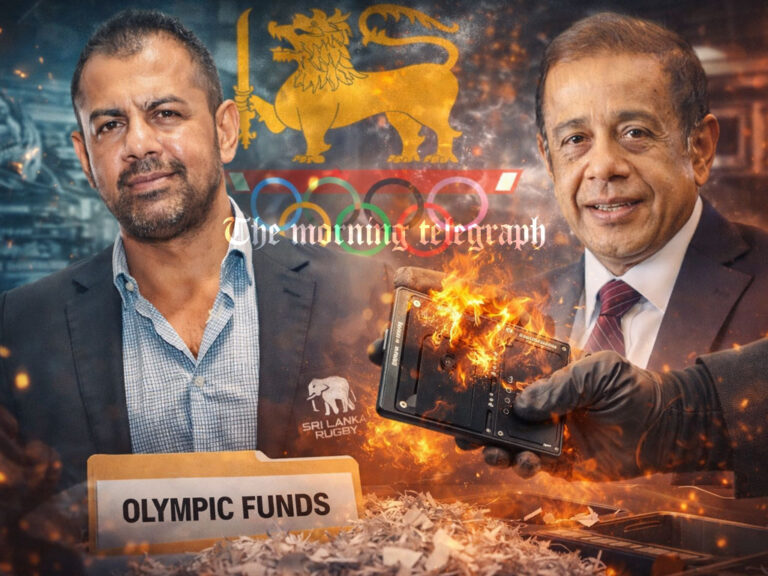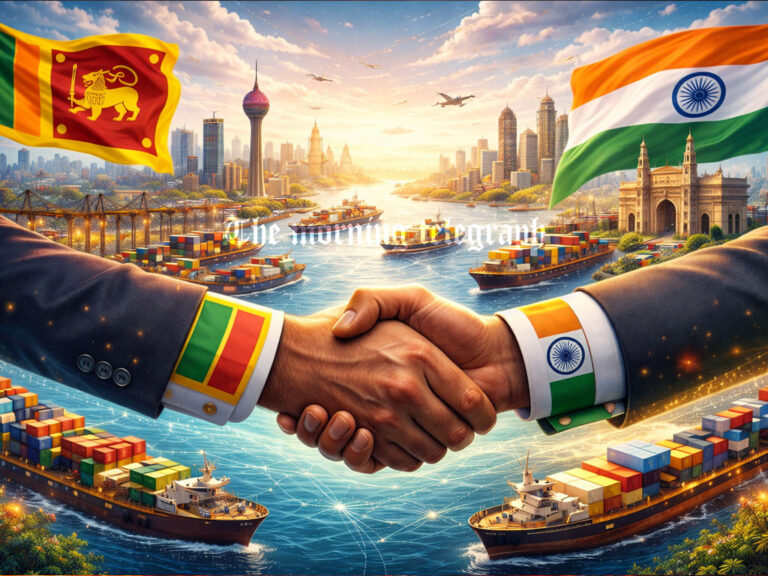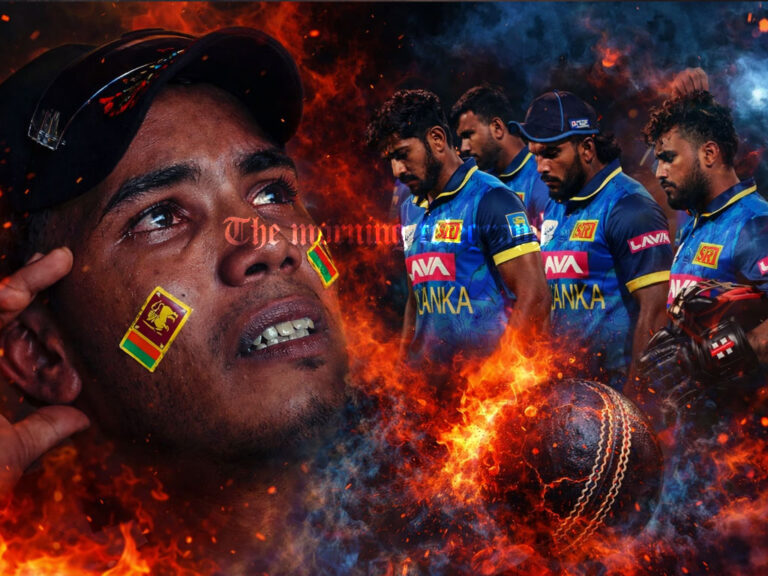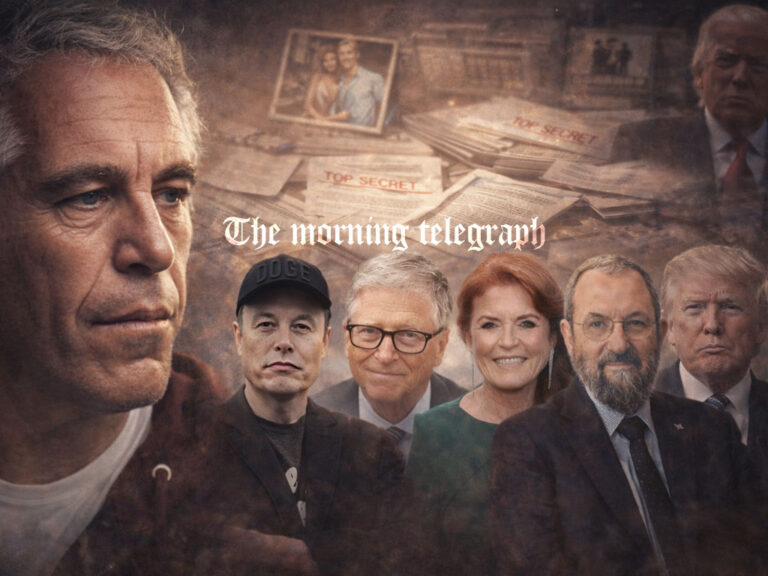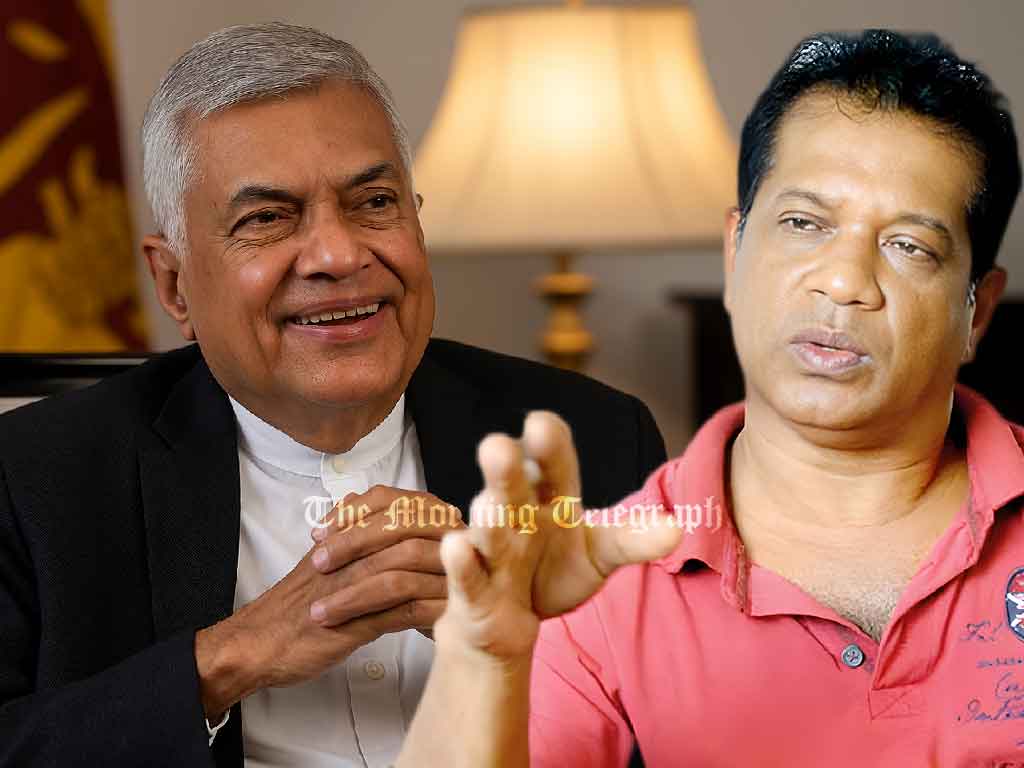
In a rare nod of acknowledgment from a political opponent, Minister K.D. Lal Kantha has declared that when Sri Lanka’s economy hit rock bottom, there was only one man capable of stepping in—Ranil Wickremesinghe.
Speaking at a recent public gathering, Lal Kantha credited the former president with having the knowledge, experience, and system-aligned mindset necessary to manage a nation on the verge of complete financial and political breakdown. “Ranil managed this system from within. That is the truth,” he said.
His remarks mark a notable shift in tone, especially from a member of a political movement that has often been critical of Wickremesinghe’s neoliberal legacy. But Lal Kantha was unequivocal: “There was no other man in Sri Lanka at that moment who could take it on.”
According to the minister, it wasn’t just a matter of political opportunity—it was about systemic fluency. “Ranil was entangled in this economic process from the beginning. He was born into it,” he remarked, drawing a direct line between Wickremesinghe and former President J.R. Jayewardene, the architect of Sri Lanka’s open economy in 1977. “Ranil is the most important figure produced by that system since Jayewardene,” Lal Kantha added.
Wickremesinghe’s leadership during Sri Lanka’s worst economic crisis in recent history—marked by fuel shortages, mass protests, and the resignation of a sitting president—has long been a point of contention. His critics accused him of being out of touch, a technocrat with little mass support. But even detractors now seem to agree: when the moment came, he stepped in, and he delivered a degree of stability that few others could.
In a political landscape often defined by rivalry and rhetoric, Lal Kantha’s statement stands out—not as a full endorsement, but as an honest recognition of crisis management.
So, as the country continues to navigate the aftermath of its economic collapse, the narrative surrounding Wickremesinghe’s role is beginning to evolve. It’s no longer just about whether his policies are right or wrong—but whether anyone else could’ve done what he did when the country needed it most.

